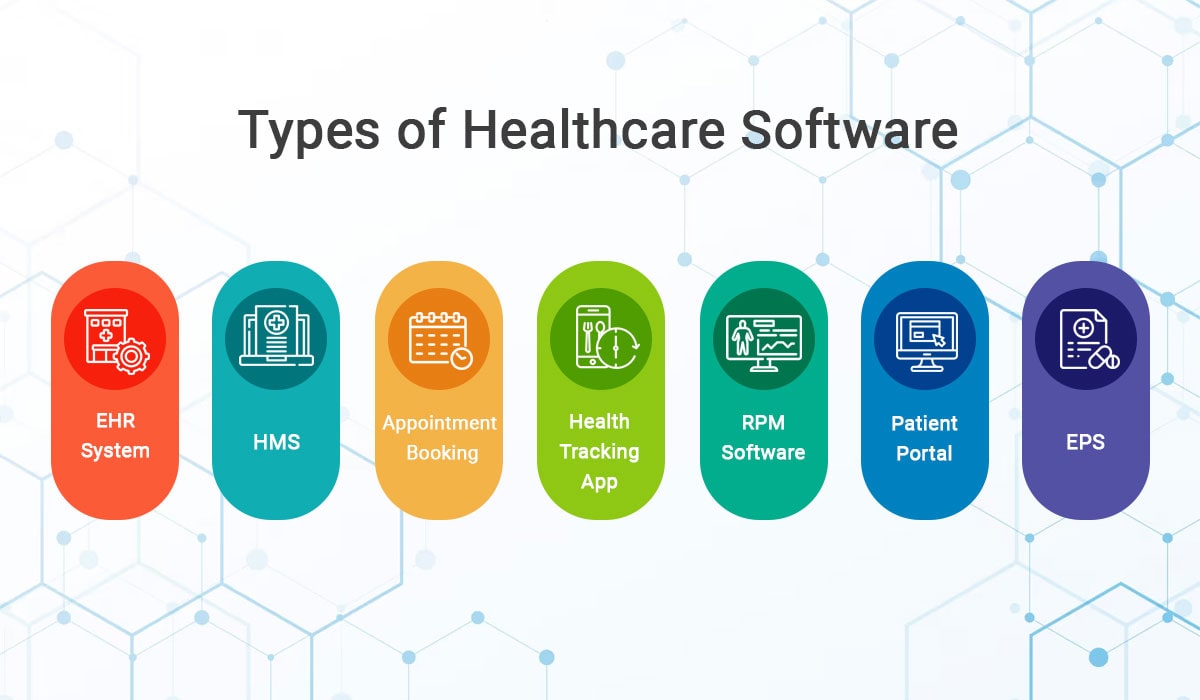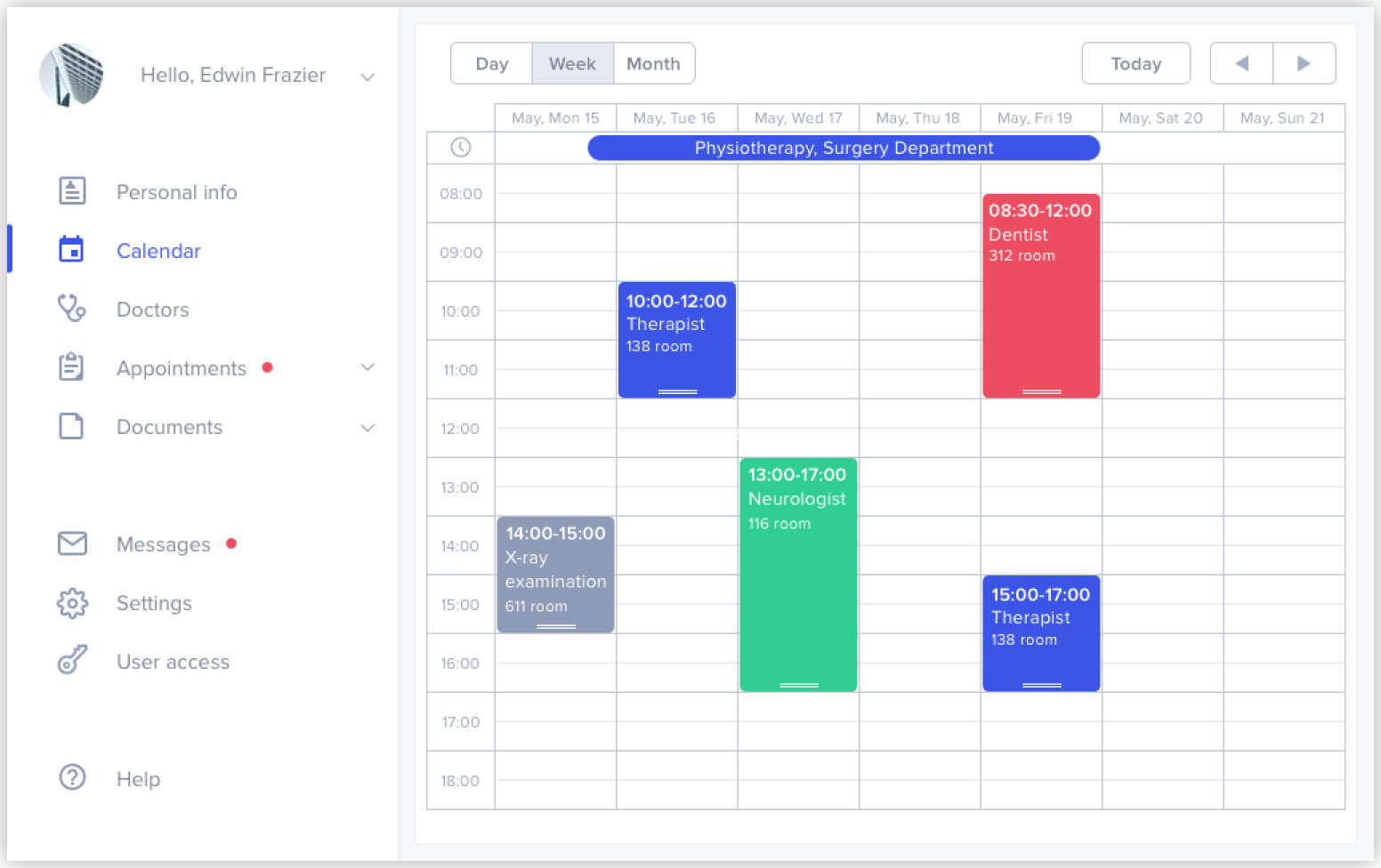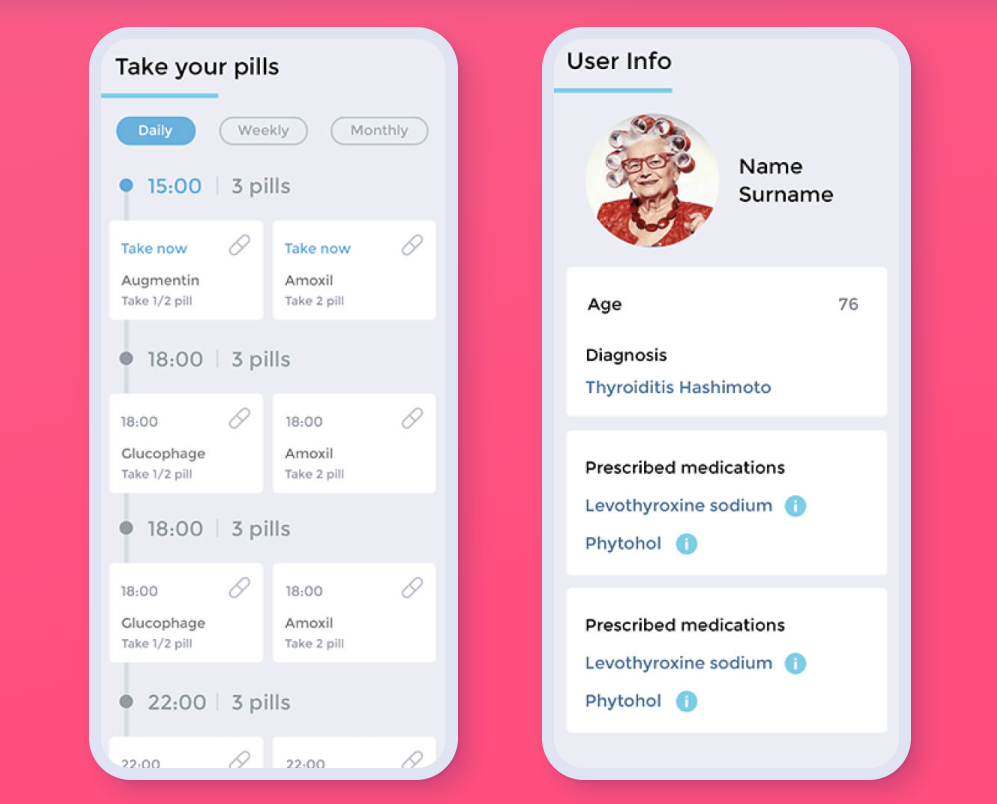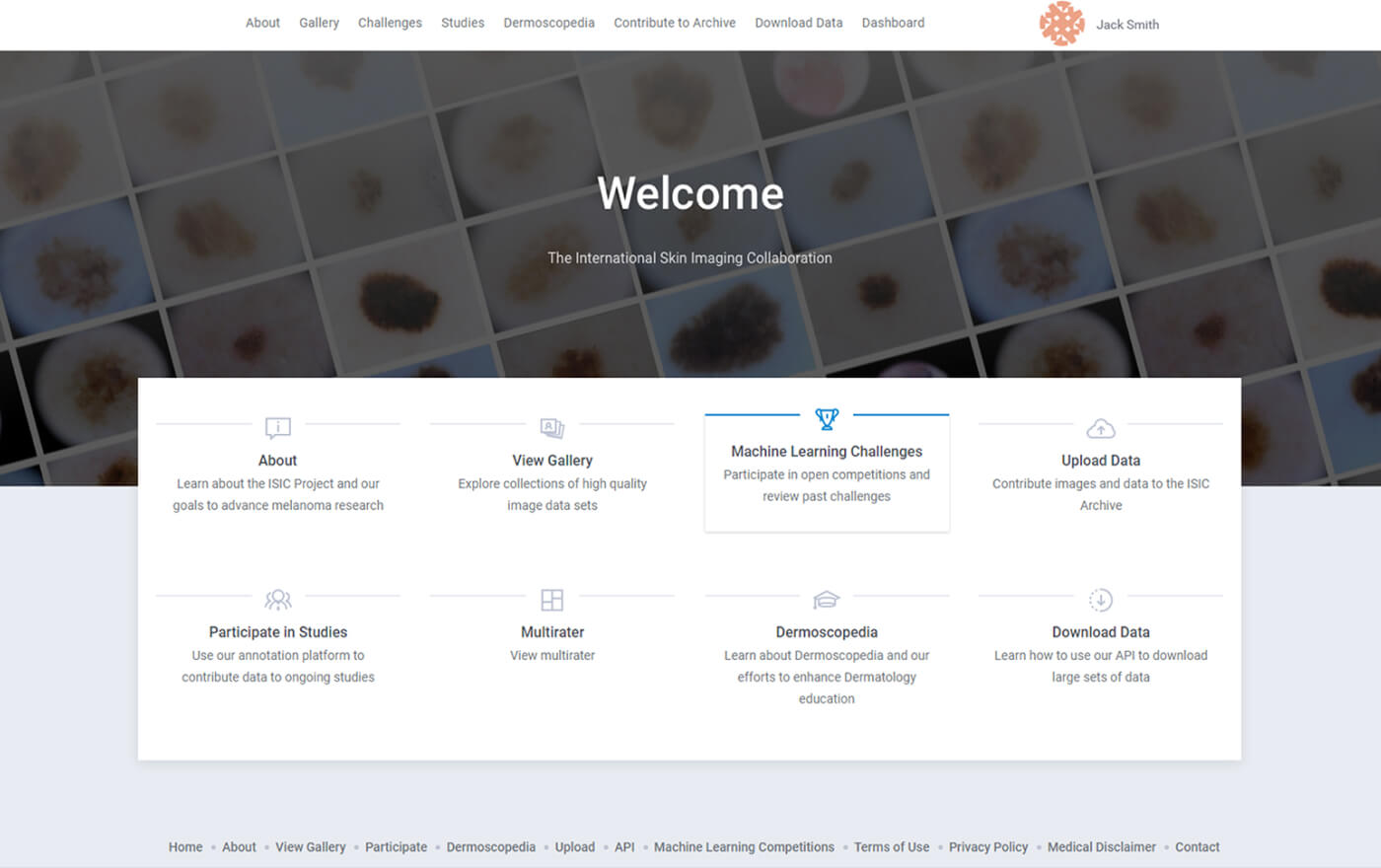Summary
The article outlines the seven most popular types of healthcare software used today — including EHR / EMR systems, hospital management software, appointment booking & scheduling tools, health‑tracking apps, remote patient monitoring, patient portals, and e‑prescribing systems — describing key features and benefits of each. It shows how such systems streamline medical workflows, improve data accuracy, enhance patient engagement, reduce administrative burden, and support better care delivery. Ultimately, the article helps healthcare providers choose the right mix of software solutions to modernize operations and boost efficiency.
The healthcare industry is the type of business sector that will always be relevant and won’t disappear in the near future for sure. According to Statista, revenue in the healthcare segment is projected to reach US$60.72 billion in 2023 and grow by US$92.01 billion by 2027. Also, according to the report, the market segment for healthcare apps is predicted to reach some US$3.5 billion in 2025. Therefore, the companies that provide their services in this domain shouldn’t be afraid of considering switching sides.
However, what they need to pay attention to is finding better approaches and methods of dealing with their routine operations and customer service. The company’s processes and methodologies used alongside may be outdated, legacy systems may require some upgrades, and not all new innovations may be perfectly matchable for one’s situation. Fortunately, there are ways to come out as a winner.
Nowadays, custom software development companies offer a great variety of choices in their services, and it is possible to get healthcare software that will fit both the needs of your business and your clients. But how to understand what types of software used in the healthcare industry today will suit your requirements? In this article, we will help you to find answers to your questions by covering the common types of healthcare systems, their features, and benefits and by finding out when it is the best time to utilize each of them.
7 Popular Types of Healthcare Software
The process of digitization picks up the pace, and more and more medical organizations drift toward the improvement and modernization of the systems they currently use. Manual workflow transforms into automated processes, and healthcare software development services don’t lose their popularity. The systems that are available nowadays greatly assist medical professionals, improve record management and staff performance, and allow patients to have better and comfortable management and care of their health.
To understand which type or types of healthcare software solutions can be ideal for your organization, let’s take a closer look at some of the popular options.

1. Electronic Health Records (EHR) System
If you want to collect information on patients automatically and have better control over these details, you can go for the EHR software. To put it simply, this is a CRM system for medical organizations. The entire personal patient’s medical history, the prescribed medicine, and other important data is gathered by such a system and can be shared among hospitals to help specialists to have a full picture about a patient’s condition.
If to look at the features of EHR system, they usually contain the following:
- Full monitoring of patient’s status;
- Automated scheduling and document management;
- Creation of smart prescriptions;
- Simpler reporting.
As for the benefits, such software can offer the following:
- Error and issues reduction;
- Instant access to the needed data;
- Faster diagnostics and data-based decision-making.
Read Also EHR Software Development. Saving people’s Health by Electronic Means
2. Hospital Management Systems (HMS)
When your hospital needs improvement in day-to-day processes and you want to automate administrative tasks, the hospital management system is the choice you can opt for. Repetitive operations that include appointments scheduling, invoice generation, payment processing, and keeping track of patient’s health details – all of the needed procedures can be easier managed with HMS.
If talking about the features, the system may include the following:
- Registration of patients and boarding;
- Automated pharmacy monitoring and booking;
- Thorough ward and laundry management;
- Optimized billing management.
If you are looking for benefits, this type of healthcare management software offers the following:
- High security of patients’ data;
- Simplification of daily activities;
- Improved patients’ experience.
3. Appointment Booking and Scheduling Software
This type of software can be basically used by any medical organization, such as hospital, clinic, etc. It gives patients an opportunity to book a visit to a doctor, provide details about their condition beforehand, and reschedule the appointment if needed or even cancel it. If talking about the reception side, specialists will be able to see and analyze the schedules of all doctors to see who’s available or not.
The scheduling and booking systems have distinctive features that usually include the following:
- Two-way calendar synchronization;
- Data gathering on work hours and doctors’ availability;
- Automatic notifications;
- Integration with other software.
The benefits that this tool can bring you contain the following:
- Improvement of customer’s scheduling journey;
- Booking process is much quicker and easier;
- Reduction of manual processes and costs.

Source: Online Medical Appointment Scheduling Software
4. Health Tracking Apps
Health tracking applications involve a wide variety of categories, from physical activity tracking apps to mental health apps. Any software that helps your customers to keep track of their health at home and then show all the records to their personal doctor at hospital when needed boosts up the usage of the services you provide. There is also personal health record software that is sometimes considered as a separate type of healthcare management system, because it has a deeper analysis on the patient’s condition and keeps an eye on medical issues.
These mobile health apps also have their own features you need to consider before developing one:
- Cloud and mobile implementation;
- Patient data repository;
- Summarization and reporting modules;
- Easy access to the required data.
If talking about the benefits that they bring over, they include the following:
- Improved and user-friendly patient engagement;
- Enhanced patient-caretaker communication;
- Cross-platform / cross-device access.

Source: Healthcare Messaging Application
5. Remote Patient Monitoring (RPM) Software
Remote patient monitoring is important when medical specialists need to have constant monitoring over their patients, especially when they are not currently in the medical institution, which is why this type of system is popular. It helps to collect data on patient’s health, monitor their condition, and even conduct diagnosis. It can also notify a doctor about abnormal data gathered from a device.
Usually, this app includes the following features:
- Remote functionality and notifications;
- Blood pressure and heart rate monitoring;
- Wearable ECG monitors and IoT monitoring;
- Glucose and blood oxygen meters.
The benefits cannot be omitted, as the system provides the following:
- Faster response and treatment to medical issues;
- Automated health measurements;
- Accessibility.
6. Patient Portals
If you want to have a separate portal for patients, which allows them to access their consultation history, prescriptions, and medical records, you can just go for the development of a patient portal. It is nearly impossible to not have a website for one’s medical institution nowadays. Therefore, if you think that developing a whole new system with different tools and features will be difficult and costly for you, you can start with covering the basics. It’s a good alternative, because it not only can have various functionality but also provides both patients and medical specialists with detailed data and convenient 24/7 access.
The common features of such portals are the following:
- Data on recent doctor visits and lab results;
- Appointments scheduling;
- Patients and doctors contact information;
- Payments processing and forms completion.
Patient portals are informative that gives you many benefits, some of which are the following:
- Opportunities to save time and costs;
- Better communication between patients and doctors;
- Secure access for both sides.

Source: UX Improvement for Web-based Healthcare Portal
7. e-Prescribing Software (EPS)
Electronic prescriptions gain more and more popularity because of the world digitalization. It’s a useful tool that can help medical specialists to avoid errors and make the process of prescribing medications automated and faster. It also assists specialists in their repetitive operations related to tracking, renewal, and cancellation of prescriptions.
As for the features, the system usually includes the following:
- Information on patient’s health and condition;
- Formulary checking;
- Instant allergy and drug interaction notifications;
- Real-time prescription.
It also has its own benefits:
- Reduction of paper and printer usage;
- Prevention of errors and easier tracking;
- Improved workflow and higher efficiency.
There are even more options that one can choose from, but we hope you got the idea. You will need to make a decision based on your goals, define all the requirements, and determine which sums to allocate. Thus, when deciding the costs, you should know that developing healthcare software may cost you about $50,000-70,000 on average, so it’s essential to plan everything beforehand.
Read Also How Much Does It Cost to Develop an App and Which Methods Can Reduce Expenses?
Conclusions
Of course, every business in the healthcare domain chooses what is best for its growth and prosperity, and it all depends on the resources one has, technologies that are trendy or not, and each individual situation in general. However, growth is impossible without improvements, and improvement is always relevant due to the ever-changing world. To enhance your business, you can opt for one choice only or consider combining several options. In any case, if you need experts that are able to modernize your legacy app or develop a brand new healthcare system, please contact us, and we will be ready to help.